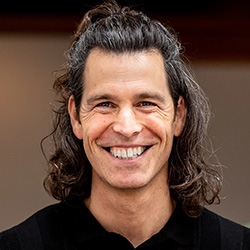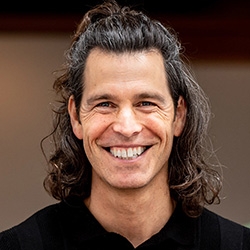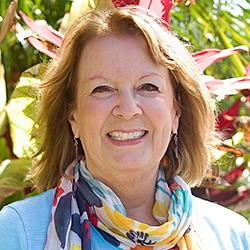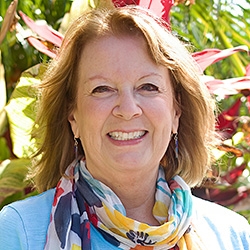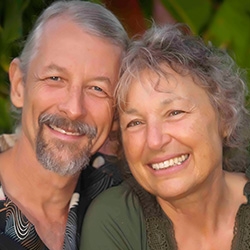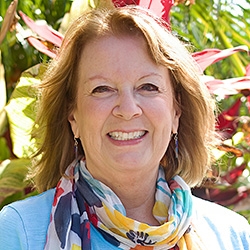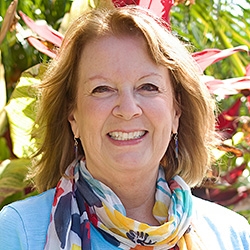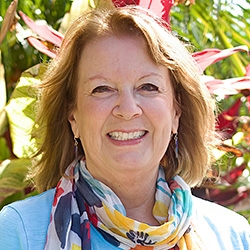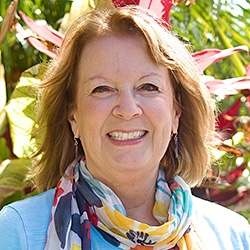

Search Results: love
-
- Learn how to use empathy to dissolve conflict
- Deepen your NVC skills to help let go of judgments
- Explore approaches for asking for what you want
- Listen to the conflict within yourself
-
Strengthen your NVC practice to meet conflict with empathy, and ask for what you need.
-
Miki Kashtan hosted Living Room Radio Show on KPFA Radio 94.1FM in Berkeley, California, USA. Listen as she works with a a woman whose relationship is challenged by what happens when her lover drinks. In this segment, Miki encourages the caller to get support for her stress, find an outlet for it and receive empathy. Miki addresses the challenges of addiction, the self-judgment of trying to meet needs by drinking and the pain this causes for everyone involved. She further suggests that the caller try to connect to the needs he is trying to meet by drinking, and to identify those that are actually being met and those that aren’t.
-
-
Penny Wassman shares this first workshop exercise as an opportunity to build connection.
-
Exploring how to share NVC in a school environment where others may not yet understand its value.
-
Why is it so difficult to change our patterns even when we want to, even when we experience shame or despair about them? Arnina Kashtan offers some of the common pitfalls and concrete steps to overcome them in the future.
-
A 1999 discussion with youth on understanding and working with anger.
-
Ask the Trainer: "In trainings I say our jackals are thoughts and now I've come to wonder if all thoughts are jackals...?"
-
Learn to foster trust, peace, and cooperation in your family using Nonviolent Communication.
-
Balance self-passion and compassion with NVC tools to stay empowered and honor your own needs.
-
Trainer Tip: The ways that we interact with our children shape the way they will interact in their world. How do your actions model compassion, tolerance, and love for your children?
-
Trainer Tip: Accepting our true feelings, needs and values can lead us to a more compassionate life. Are you being true to yourself?
-
Strengthen empathy, goodwill, and authenticity at home, meeting life's challenges with grace.
-
Transform your relationship with money, scarcity, and abundance in this inspiring program.
-
If you’d like to bring more joy and fun into your workplace, listen to this trainer dialogue for NVC tips and tools from some of the leading experts in the industry.
-
Trainer Tip: Mary explains how Nonviolent Communication, a process that distinguishes needs from strategies is also itself, a strategy.
-
Trainer Tip: The question is not what other people think of you, but what you think of yourself. Who are you, really? Take a moment to consider what you value.
-
Trainer Tip: When we connect our feelings to our needs, we put ourselves in a postion to get our needs met and mourn when they aren't met. Here's a practical tip you can practice daily to improve the quality of your life.
-
Trainer Tip: Knowing the difference between what we need and what we want someone else to do about that need can have a profound impact on our relationships and our happiness.

Quick Links
Subscription Preferences
Stay In Touch!
Looking for ways to keep up with NVC Academy news, get special offers, free resources, or words of inspiration? Here are five ways to stay engaged:

